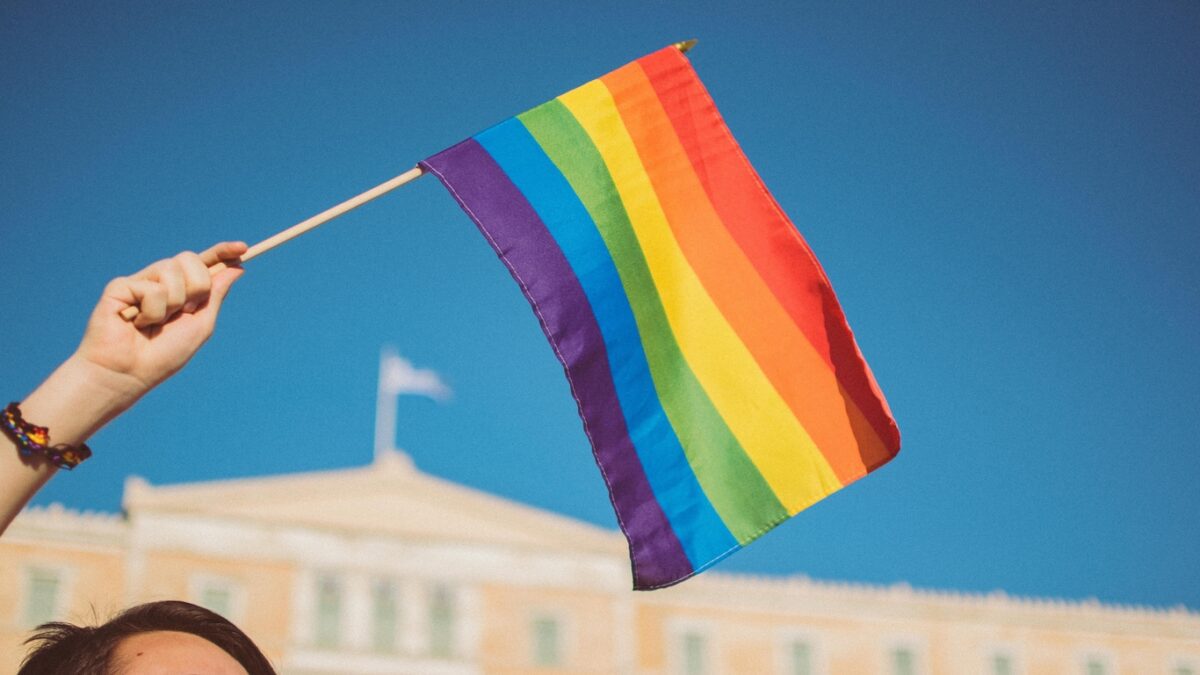4 Reasons why India needs LGBTQIA+ friendly Employment Laws

In 2014, the World Bank created a model that estimated that an economy equivalent to the size of India stands to lose up to $32 billion every year, or 1.7% of that country’s gross domestic product (GDP) due to the stigma and social exclusion of LGBTQIA+ persons.
In 2019, the Caribbean Policy Research Institute (CAPRI) found that anti-gay legislation and discriminatory practices can lead to an estimated loss of $11 billion annually for the workforce and can make minority groups three times more vulnerable to psychosocial disabilities.
LGBTQIA+ persons face stigma, exclusion, violence, and discrimination based on gender identity and sexual orientation. Discrimination is also present in India. Suspension and termination of LGBTQIA+ persons often happen in the Indian workforce.
The Transgender Protection Bill and Navtej Singh Johar v. the Union of India played a crucial role in the legal recognition of LGBTQIA+ persons. While liberal judicial interpretations in the past have helped the Indian LGBTQIA+ community, codified laws still need to be implemented to ensure the protection of the community at their workplaces.


Collective Ownership
Workplaces must be fostered in a way where people of all ethnicities, religions, races, gender identities, sexual orientations, and social backgrounds feel safe and welcomed. Organizations like L’Oreal, and Axis Bank have taken firm steps toward making their workplaces more inclusive.
Comprehensive guidelines, as were laid down by the Supreme Court in Vishakha v. the State of Rajasthan for women, or legislation, must be implemented to safeguard the LGBTQIA+ community from all kinds of harassment in the workplace.
Going beyond Decriminalization
The fact that homosexuality is no longer a crime does not automatically change the way things are for the LGBTQIA+ community. Simply claiming that a community is no longer subject to criminal prosecution does not promote or uplift their recognition.
The Transgender Protection Act does not prove effective because there are no sanctions for violating labor rights, making it only a cosmetic policy created by lawmakers. Therefore, it is necessary to enact particular legislation that protects and upholds the rights of disadvantaged people.
Global Recognition
Discrimination at work is illegal according to the Gender Equality Act proposed in the United States. Additionally, it incorporates lessons on sexual orientation and gender identity into the school curriculum.
In Norway, there are a number of laws to ensure that LGBTQIA+ community members are treated equally in all aspects of life, such as a six-month jail sentence for hate speech directed at the LGBTQIA+ community.
The US Supreme Court, in Altitude Express, Inc. v. Zarda, held that a person cannot be fired from their work based solely on their sexual orientation or sexuality. After the implementation of the Canadian Human Rights Act, gender identity and gender expression are now forbidden grounds for discrimination.
A surge in LGBTQIA+ Hiring
According to Careernet research, companies frequently choose applicants from the LGBTQIA+ community for positions in the supply chain, sales, and customer service, among other fields.
The study also revealed that many entry-level and mid-level positions frequently hire members of the LGBTQIA+ community. There are chances for members of the LGBTQIA+ community to hold leadership positions, but it also relies on how successful they will be in the long run.
The market has undergone a significant upheaval in the past two years as a result of many businesses, including leaders, exercising internal initiative and making significant changes.



How can you build an LGBTQIA+ friendly workplace?
While there aren’t any laws in place in India that ensure the protection and safety of LGBTQIA+ employees at their workplace, there are still certain ways in which the organization, employer, and other employees can help the LGBTQIA+ employees feel safe at work.
- Call out microaggressions: A microaggression is a statement or an action that is usually an instance of subtle or indirect discrimination. As an employee, if your LGBTQIA+ colleague is facing any microaggression at work, you can call it out immediately and then separately check in with your colleague.
- Implement No-discrimination Policies: An employer or an organization shall implement stringent no-discrimination or zero-tolerance policies for their LGBTQIA+ employees. The policies shall include penalties or punishments for those who discriminate against the employees based on their gender identity or sexual orientation.
- Create a safe space for LGBTQIA+ colleagues: Make sure that you speak with your LGBTQIA+ colleagues and not for them. By doing this you are creating a safe space for them to stand up for their rights and against the discrimination they endure. Help them by building a supportive and nurturing work environment.
- Provide LGBTQ-safe healthcare access: An organization and an employer must provide their LGBTQIA+ employees with gender and sex-affirming healthcare plans along with co-parental benefits to ensure their well-being.
Get started on building an inclusive and safe workplace, download Ungender’s Free Handbook ‘A Guide to Transgender Persons (Protection of Rights) Act 2019’.
Conclusion
To ensure that specific legislations include and protect the LGBTQIA+ community, a Commission to recommend amendments to existing laws, including the Workmen’s Compensations Act, 1923, Sexual Harassment of Women at Workplace (Prevention, Prohibition and Redressal) Act, 2013, and the Code of Wages Act, 2019 can be established.
To address issues of unfair hiring, discrimination, equal pay, and benefits, an LGBTQ-friendly employment code that covers private-sector workers may be developed. In accordance with the National Legal Services Authority (NALSA) v. Union of India, accommodations should also be made for the LGBTQIA+ population in public education and employment.
It is possible to create a commission to handle allegations of job discrimination against the LGBTQIA+ community to achieve equality in the workplace.
If you are a workplace leader looking to build an inclusive space for your LGBTQIA+ employees, write to us at sidra@ungender.in to get started.
Read our insights about diversity, legal updates and industry knowledge on workplace inclusion at Ungender Insights. Visit our Blog.
Sign up to stay up-to-date with our free e-mail newsletter.
The above insights are a product of our learning from our advisory work at Ungender. Our Team specialises in advising workplaces on gender centric laws.
or email us at contact@ungender.in




